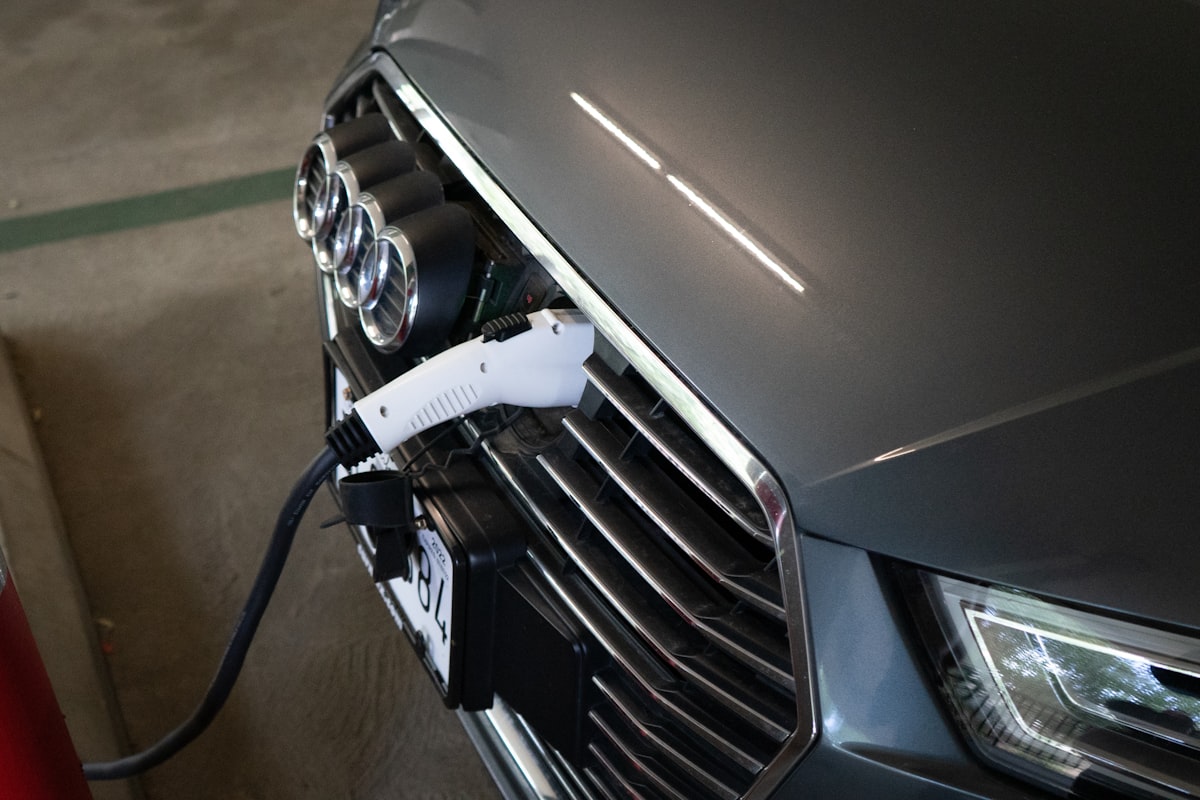The impact of electric and autonomous vehicles on dealerships

The rising consumer demand and government investments in infrastructure have led to the widespread adoption of electric cars, making them a ubiquitous sight on the roads today. With this trend set to continue, the automotive industry is poised for a game-changing transformation, as EVs are expected to account for more than 50% of all US passenger vehicle sales by 2030. According to AAA1 study, about 25% of Americans have already said, that their next car will be EV.
To successfully face and manage this changes, dealerships need to develop new sales and business strategies, acquire new technological capabilities, and address concerns about safety. Electric vehicles (EVs) are changing the way dealerships operate in several ways we deep dive below.
New sales strategies: EV sales require a different sales approach, with higher focus on education and building long-term relationships, providing test drives, and explaining charging infrastructure.
EVs market is establishing and only developing its own code of conduct, new changes appear almost every day, each EV model have unique features and require a different type of customer education and support than traditional gasoline-powered vehicles. Key strategy here is to set up ongoing education process, which helps to onboard and engage customers in long lasting relationships. Creating up to day FAQ, maps with working charging stations, brochures and videos with key model features and highlighting key differences between EVs and gasoline-powered vehicles, how-to operational and services guides becoming the part of new marketing strategy for dealerships. The same approach works not only for customers but for sales and service staff too – the better your inner education programs and trainings, the better service you provide.
New service models: As EVs require less maintenance and different services, dealerships need to adapt their service models accordingly.
As electric vehicles become more popular, dealerships are realizing that their traditional service models may not be the best fit for EV owners: mind blowing fact - gasoline-powered vehicles have 2,000 moving parts while EVs have 20.
EVs require fewer routine maintenance services, such as oil changes, but may require more specialized services, such as battery maintenance and software updates. This shift in service needs means that dealerships need to adapt their service models to better meet the needs of EV owners.
Good practice here is to offer new services to accommodate EV owners, such as on-site charging stations and mobile charging units for customers in need of a charge. Additionally, dealerships need to train their technicians to handle the specialized needs of EVs, including battery maintenance and software updates.
New revenue streams: EVs require charging infrastructure, which can provide dealerships with new revenue streams through installation, maintenance, and service of chargers.
As electric vehicles become more prevalent, there is a growing demand for charging infrastructure, which creates new opportunities for dealerships to diversify their revenue streams. Here are some examples of how dealerships are tapping into these opportunities:
Installation of charging stations: Many dealerships are installing charging stations in their lots to meet the needs of electric vehicle owners. This not only provides convenience for customers, but also generates revenue from charging fees for non-customers.
Partnership with charging providers: Dealerships can also partner with charging providers to offer installation and maintenance services. This helps to diversify pricing strategy and improve LTV.
Charging service contracts: As electric vehicle owners will need regular charging, dealerships can offer charging service contracts as an additional service. Long terms contracts improve consumer loyalty and provide them flat fee as a bonus.
The shift towards electric vehicles is already underway and is set to transform the automotive industry as we know it. Dealerships must adapt to these changes by adopting new sales strategies, service models, and revenue streams. It's clear that EVs are here to stay, and as we move towards a more sustainable future, the automotive industry must embrace the opportunities presented by EVs and work to overcome the challenges they pose to ensure a smooth transition.
